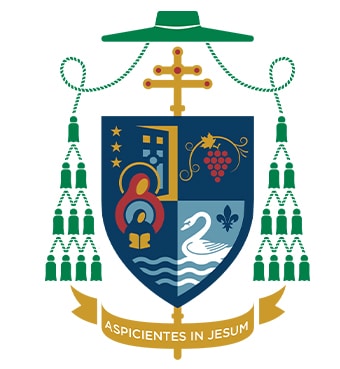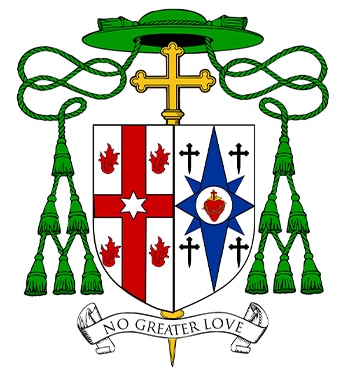On the Credibility of the Catholic Church

Editor’s note: The essay first appeared Aug. 14 in the French-language newspaper Le Figaro. The English translation is reprinted here with the permission of Cardinal Robert Sarah. It has been edited for style.
Doubt has taken hold of Western thought. Intellectuals and politicians alike describe the same impression of collapse. Faced with the breakdown of solidarity and the disintegration of identities, some turn to the Catholic Church. They ask her to give a reason to live together to individuals who have forgotten what unites them as one people. They beg her to provide a little more soul to make the cold harshness of consumer society bearable. When a priest is murdered, everyone is touched and many feel stricken to the core.
But is the Church capable of responding to these calls? Certainly, she has already played this role of guardian and transmitter of civilization. At the twilight of the Roman Empire, she knew how to pass on the flame that the barbarians were threatening to extinguish. But does she still have the means and the will to do so today?
At the foundation of a civilization, there can only be one reality that surpasses it: a sacred invariant. Malraux noted this with realism: “The nature of a civilization is what gathers around a religion. Our civilization is incapable of building a temple or a tomb. It will either be forced to find its fundamental value, or it will decay.”
Without a sacred foundation, protective and insuperable boundaries are abolished. An entirely profane world becomes a vast expanse of quicksand. Everything is sadly open to the winds of arbitrariness. In the absence of the stability of a foundation that escapes man, peace and joy — the signs of a long-lasting civilization — are constantly swallowed up by a sense of precariousness. The anguish of imminent danger is the seal of barbaric times. Without a sacred foundation, every bond becomes fragile and fickle.
Some ask the Catholic Church to play this solid foundation role. They would like to see her assume a social function, namely to be a coherent system of values, a cultural and aesthetic matrix. But the Church has no other sacred reality to offer than her faith in Jesus, God made man. Her sole goal is to make possible the encounter of men with the person of Jesus. Moral and dogmatic teaching, as well as mystical and liturgical patrimony, are the setting and the means of this fundamental and sacred encounter. Christian civilization is born of this encounter. Beauty and culture are its fruits.
In order to respond to the world’s expectations, the Church must therefore find the way back to herself and take up the words of Saint Paul: “For I resolved to know nothing while I was with you except Jesus Christ, and Jesus crucified.” She must stop thinking of herself as a substitute for humanism or ecology. These realities, although good and just, are for her but consequences of her unique treasure: faith in Jesus Christ.
Read more at National Catholic Register







